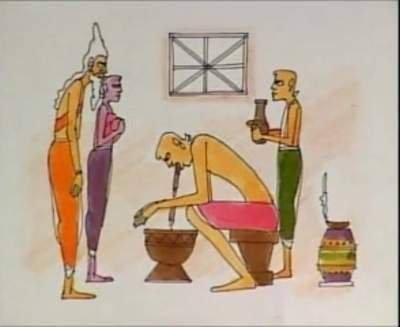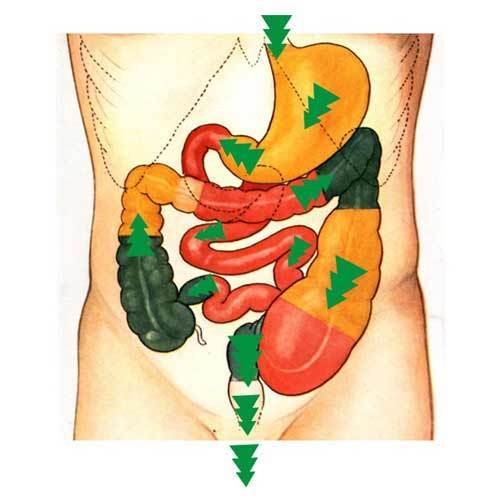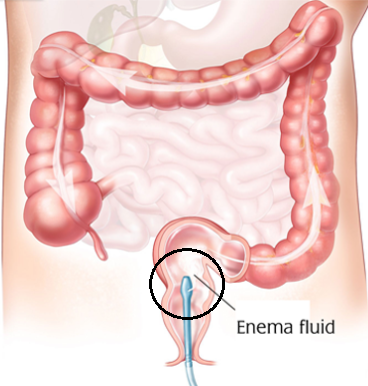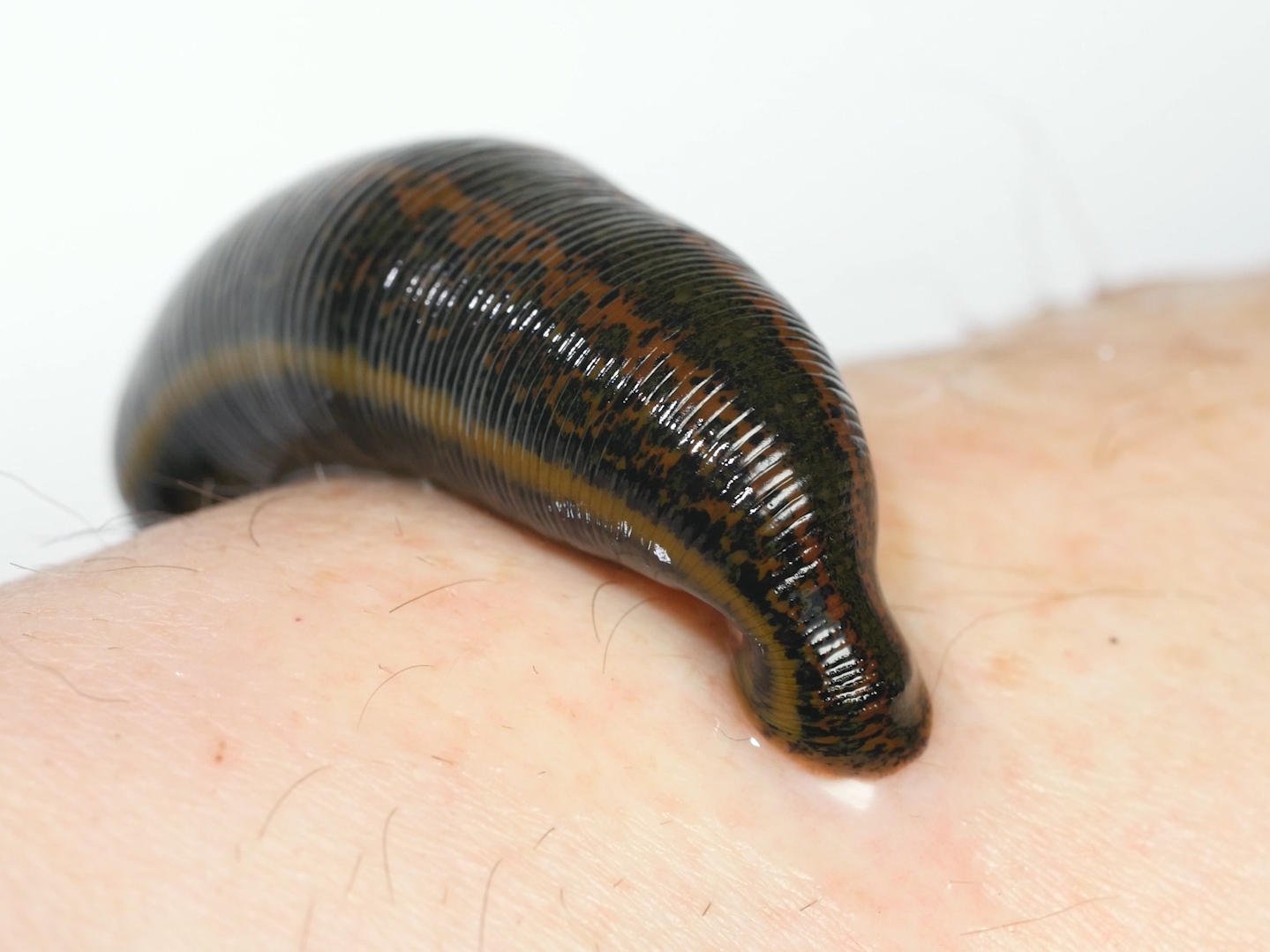Panchkarma is a unique method of treatment based on the Ayurvedic Principles. It is a process of cleansing and eliminating the toxins from our body. Thus Panchkarma acts as a CURATIVE, _PREVENTIVE_and _PROMOTIVE_procedure for skin and Hair Diseases. It includes main 5 karmas ( procedure).
Vaman :
Vaman is one of the karma from panchkarma. Vaman means therapeutic vomiting. Vaman karma is targeted mainly to expel increased kapha dosha & secondarily vitiated pitta dosha out of the body.
This cleansing method involves induction of vomiting by giving herbal decoction to eliminate excess kapha dosha.
Vaman karma is carried out in three stages.
- poorva karma ( pre procedure/ snehpan)
- pradhan karma ( main procedure)
- paschyat karma (post procedure)

Poorva Karma :
In poorva karma medicated ghee is given to the patient in increasing order. massage & steam is also given to the patient.
Pradhan karma :
In pradhaan karma medical decoction is administered to the patient which helps to expel out the kapha dosha from the body.
Paschyat Karma :
In paschyat karma patient is adviced to take light diet for 3-5 days. Diet is increased gradually.


